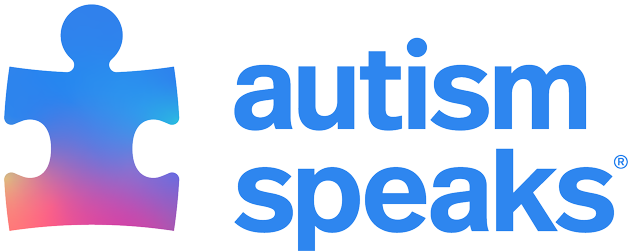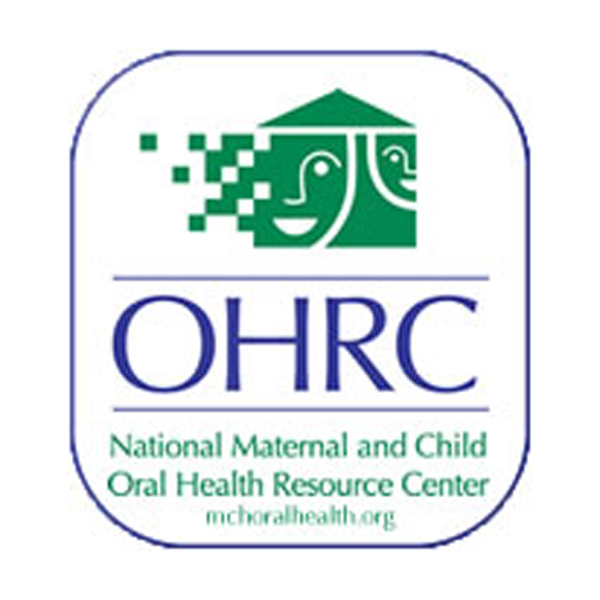Oral Health for Individuals with Special Needs
You are not healthy without good oral health. Individuals with intellectual and developmental disabilities can face more challenges to receiving quality dental care than their healthier counterparts. It is important for caregivers to provide patients with help in taking care of their oral health. You can find additional special needs dental videos here.
The National Maternal and Child Oral Health Resource Center offers Special Care: An Oral Health Professional’s Guide to Serving Children with Special Health Care Needs (2nd ed.), a series of five modules designed to provide oral health professionals with information to help ensure that children with special health care needs have access to health promotion and disease prevention services that address their unique oral health needs in a comprehensive, family-centered and community-based manner.
Are you a caregiver?
Caregivers should assist with helping patients by using the “hand under hand” technique or using toothbrushes with thicker handles to help with low dexterity issues. Caregivers can assist with brushing a patient’s teeth.
Caring for patients with special health care needs
Caring for special needs patients—individuals with physical, medical, developmental or cognitive conditions—takes compassion and understanding. Learn what dentists can do to meet the needs of special needs patients.
Funded by the California Department of Public Health under contract #22-10191


